I wonder how much the Crop Mob is about agriculture and how much is simply about enjoying the company of like minded people? We came from all over to dig beds and spread mulch for someone most of us had never met, yet we did it with skill, enthusiasm and the efficiency of seasoned laborers. This is only the second time the Crop Mob was used; for a third of this group of 24 this was their first experience with the group.
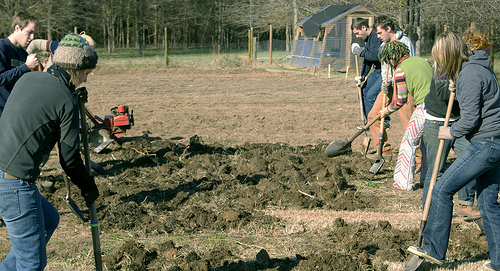
An outsider would question our motives as would some cynical old-timers or jaded sustainable agriculture veterans. I wouldn’t even bother with those folks. My main thought is not on convincing the skeptics that our agenda is one of filling a need, but rather my main thought is Where do we go from here?
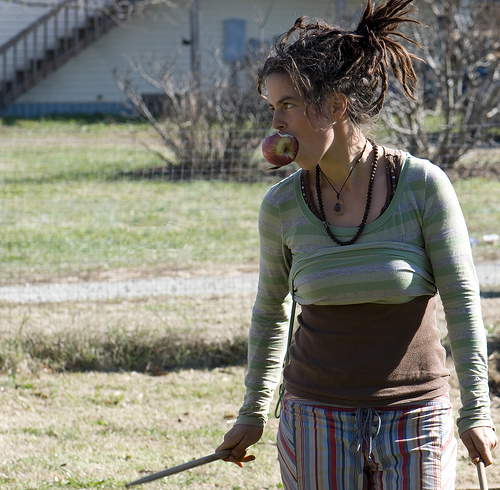
Three months out of Wilmington and it is finally settling in that I am in a very different place. Things move quickly here and things get done by folks who say they will do them. I can feel some of my own cynicism fading away as I leave behind some of the vapidity of Wilmington, its slow moving, energy-sucking ambivalence flaking away like dead skin.
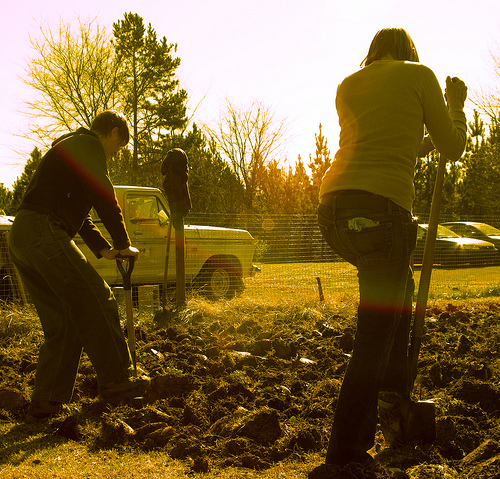
I am starting to warm up to the people that spin around in my daily interactions. I’m trying to build the sorts of friendships that emulate family. The Crop Mob is helping me with some of my apprehensions about new people and my own motives for entering a new world as an automatically standoffish person.
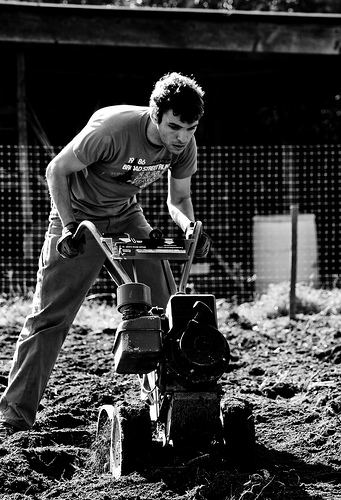
I have had a hard time, wondering how I would fit in when my experiences with building community in Wilmington often met with horrible failure. I came into a ready made yet evolving community, ready to take my place yet unsure of what that place would look like.
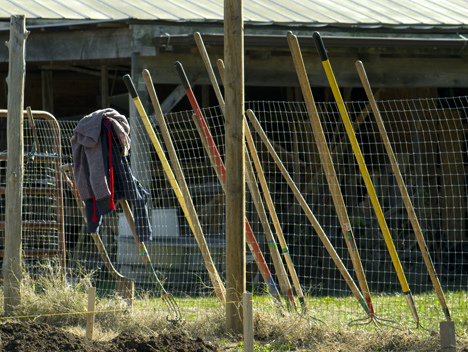
It seems that my role here could be one of role model or experienced advice giver, but mostly, in the first few months, my role has been that of a lost explorer. Things that I know how to do – cook, forage, dumpster dive – have been lost temporarily as I try to figure out the basics of living.
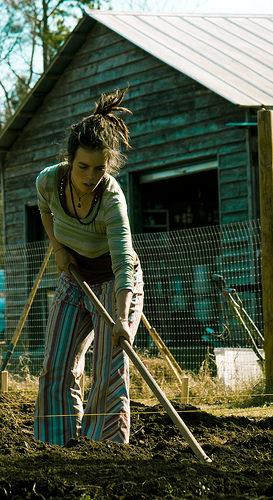
Cooking without anything resembling a kitchen has been frustrating; washing dishes without a good source of water makes cooking more of a chore than it needs to be. What that has to do with the Crop Mob is beyond me, but it does affect my interactions. It has also made my first impressions harder to shake. Adah (pictured above) has tooled on me about my peanut butter and white bread lunches, but for me that meal has been easy, quick and comfortable in this time of transition.
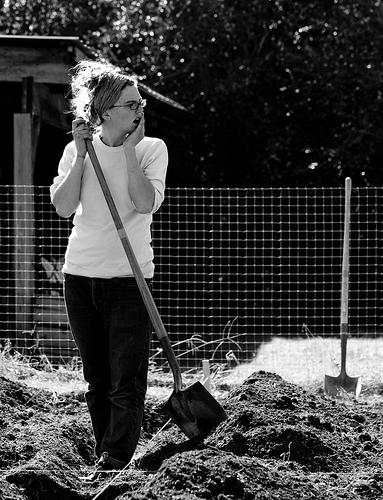
Now that some of those issues are worked out, I feel like I can join this community in a functional capacity, sharing what I know and accepting learning opportunities as they present themselves.
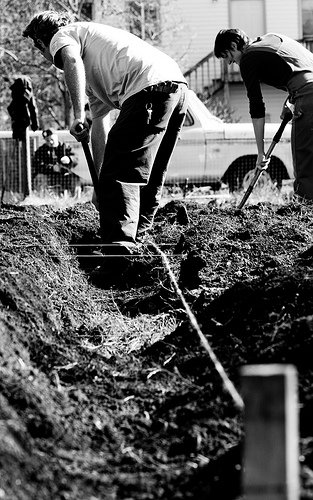
And yet I am still not a talker.
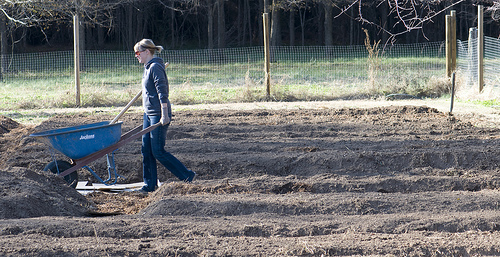
To bring it back to the Crop Mob, the rhythm of the work is often set with old camp songs. The one I have heard at both mobs is about sweet potatoes and biscuits –
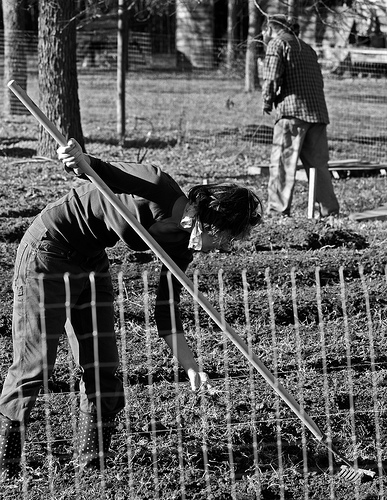
Sweet potato biscuit that’s what I said
sweet potato biscuit dancing through my head
went to the cook’s table askin’ for some bread
found me a biscuit but the cooks was all dead
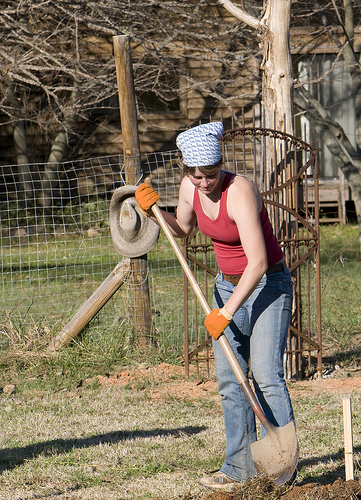
Sweet potato, sweet potato biscuit on the run
gotta find me a biscuit, gotta get me some of them
Sweet potato, sweet potato biscuit on the run
gotta find me a biscuit, gotta get me some
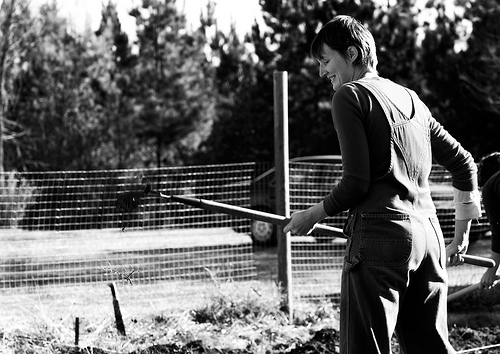
Standin’ on the lookout since the day before last
saw a line of biscuits stretchin’ into the past
Jesus on the hillside you know what he said
he said take this biscuit this sweet potato bread
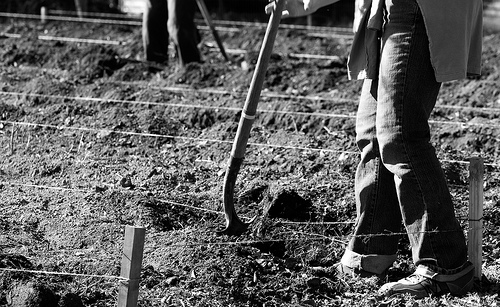
Standing on the banks of the river wide
hop on a biscuit and catch yourself a ride
ride to the devils house all the way
share a biscuit with the devil on the judgment day
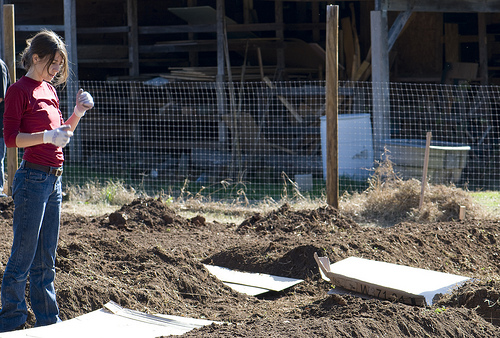
Sweet potato, sweet potato, sweet potato, biscuit
sweet potato, sweet potato, sweet potato, biscuit
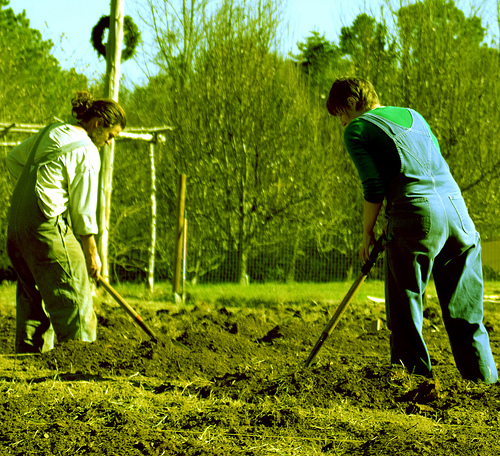
sweet potato, sweet potato, sweet potato, biscuit
(whispered) sweet potato, sweet potato, sweet potato, (shouted) BISCUIT!!
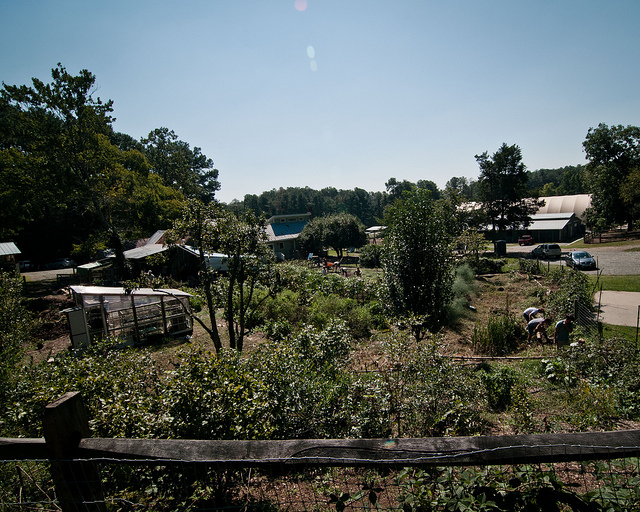

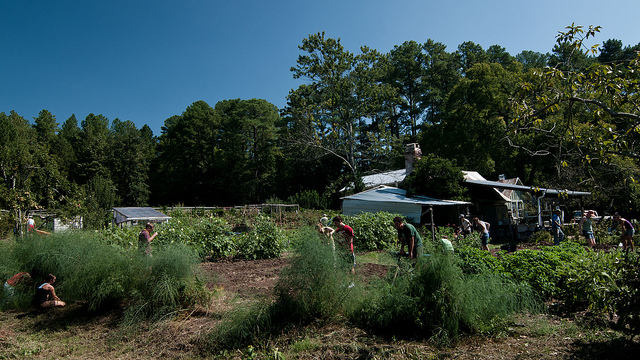
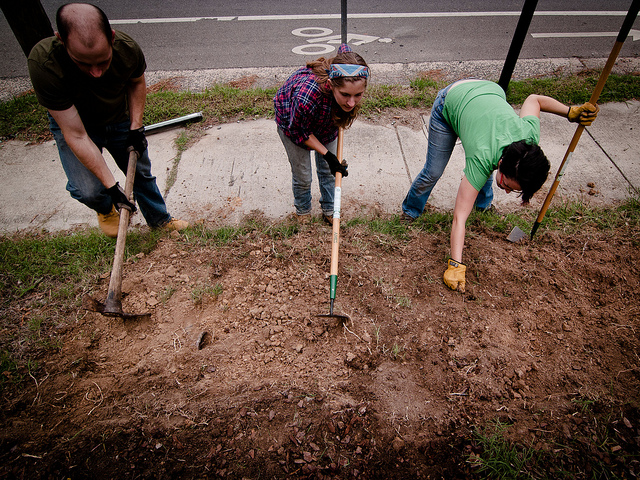
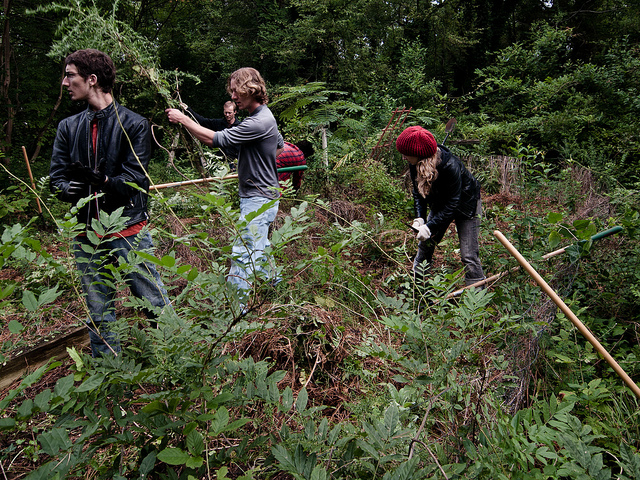
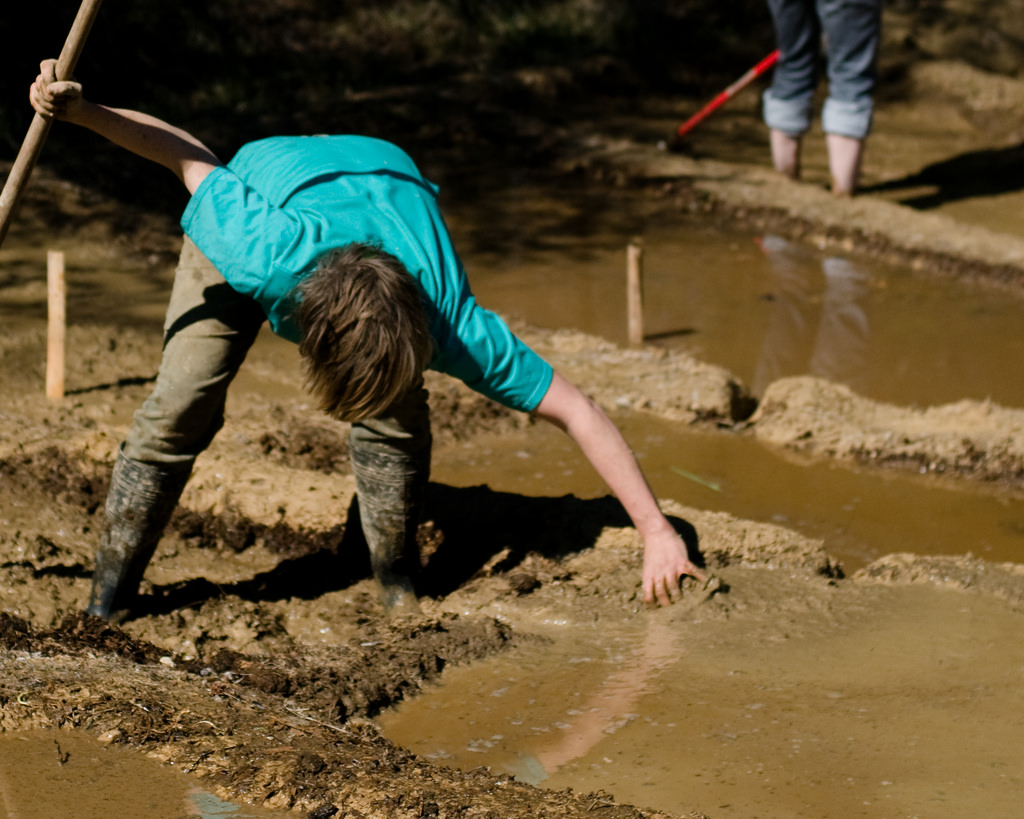

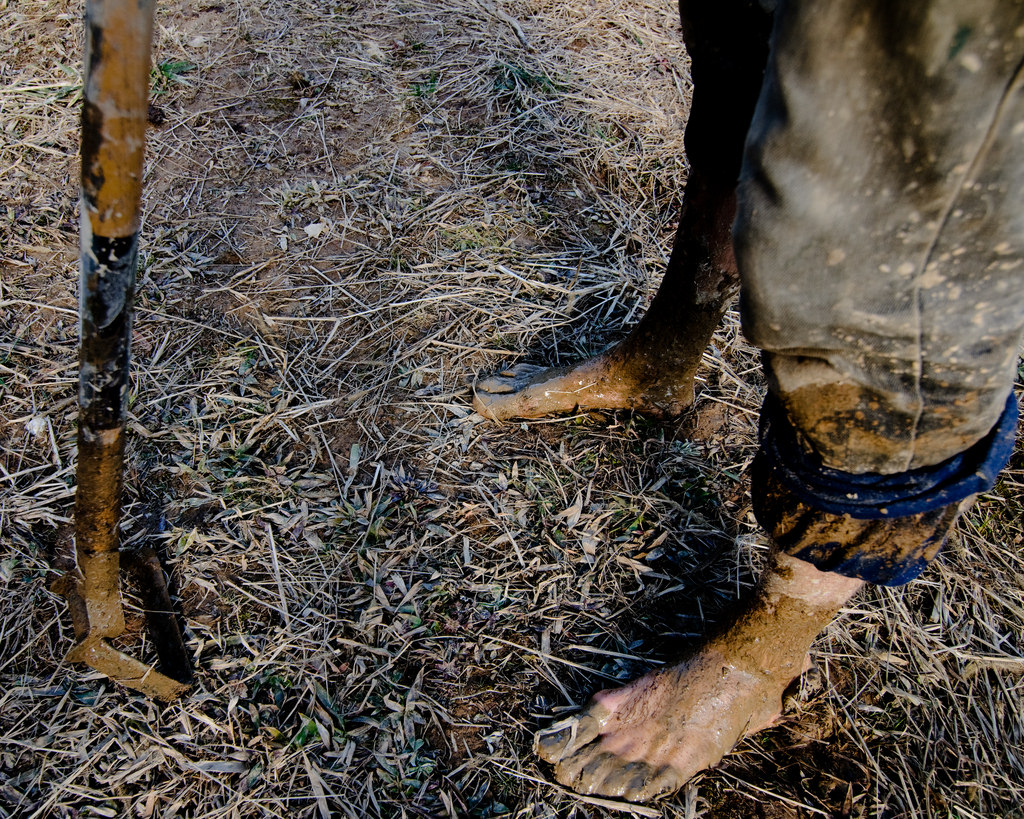
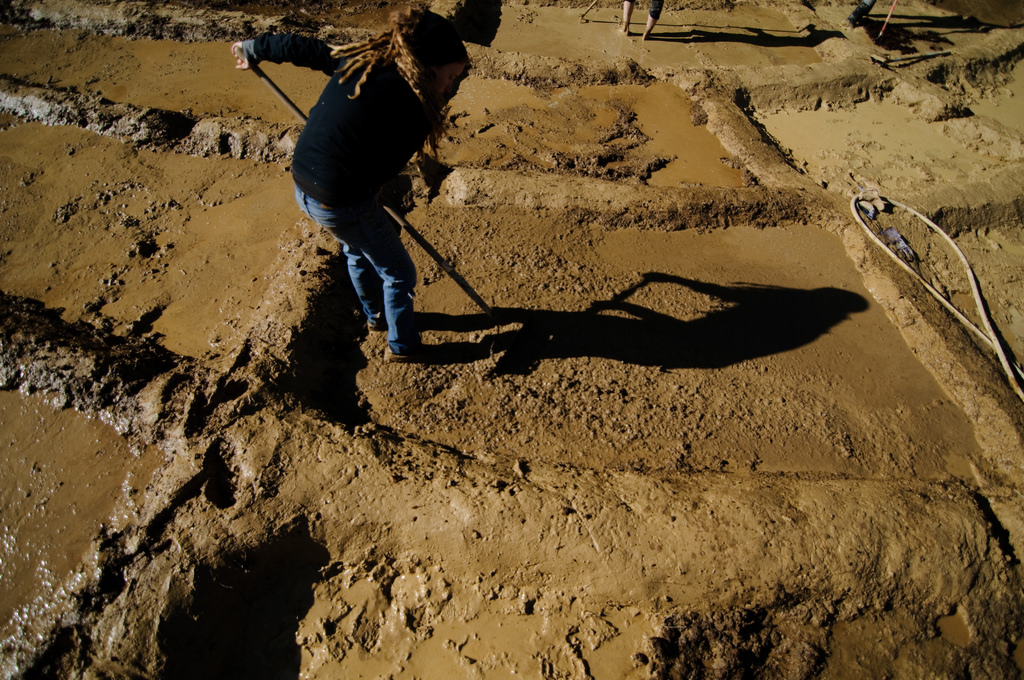
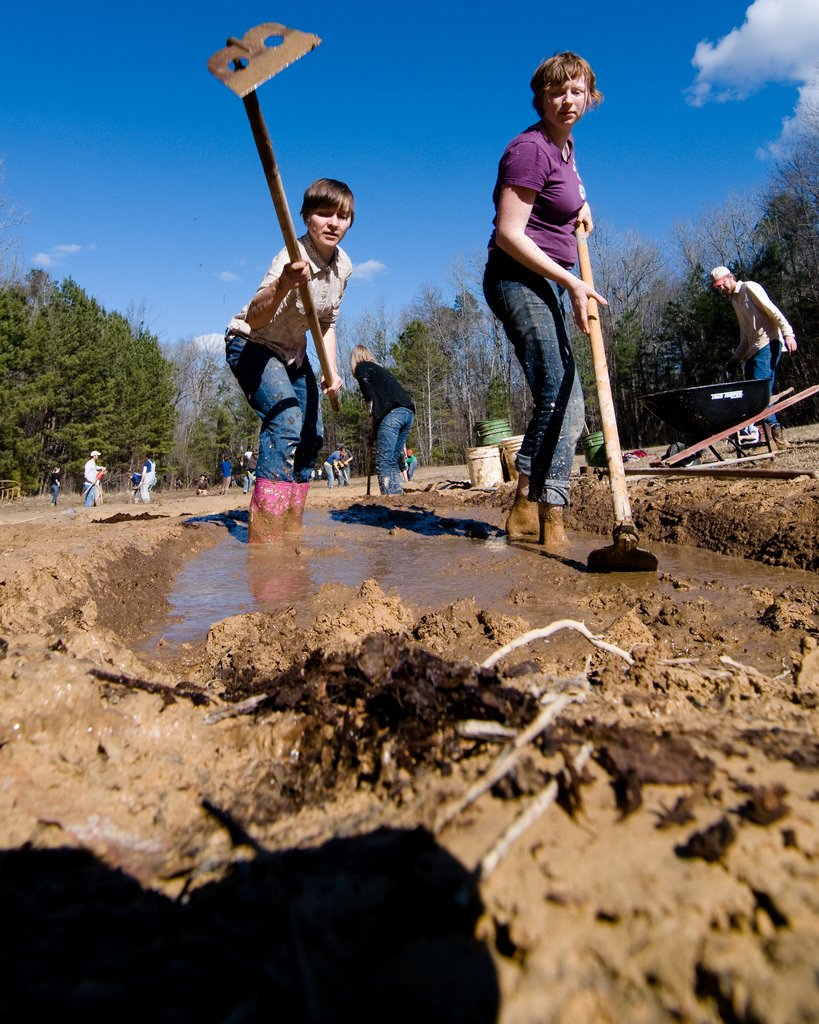
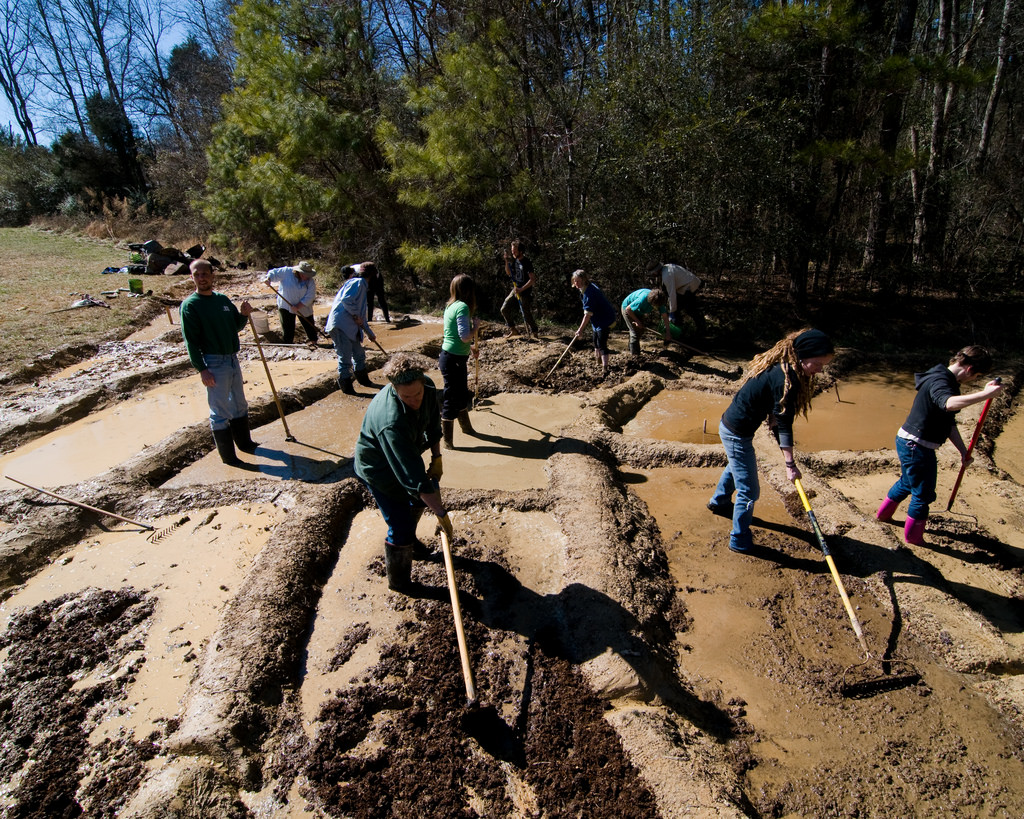
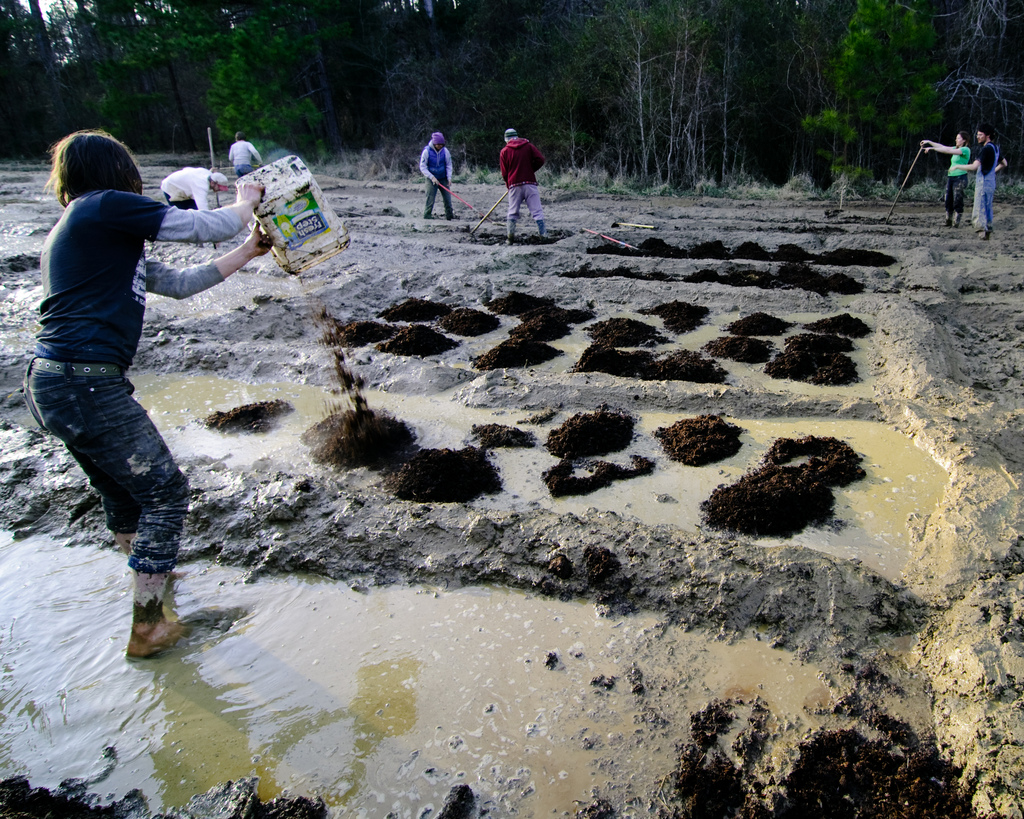
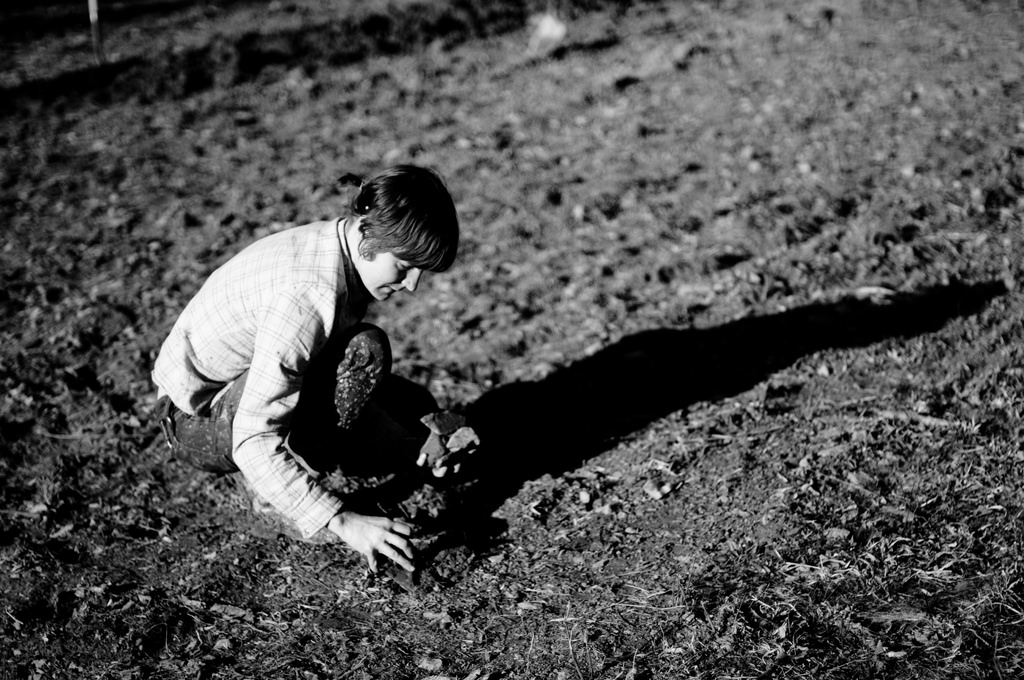
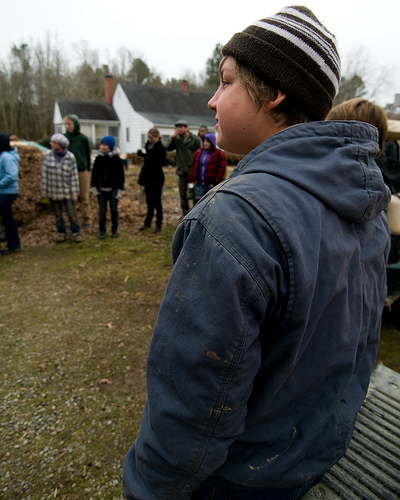

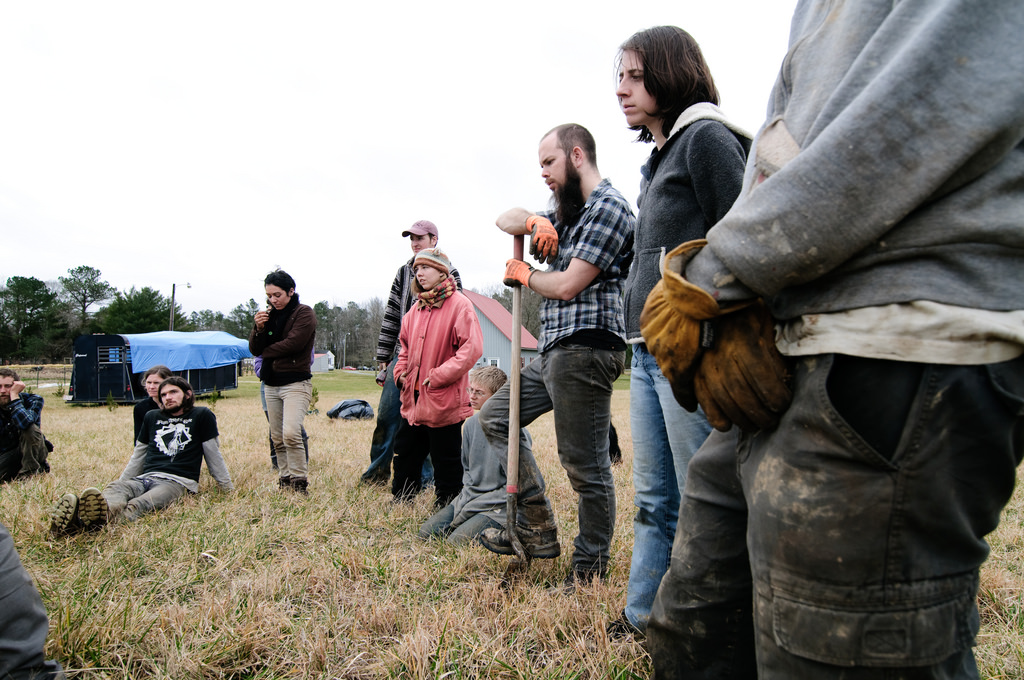
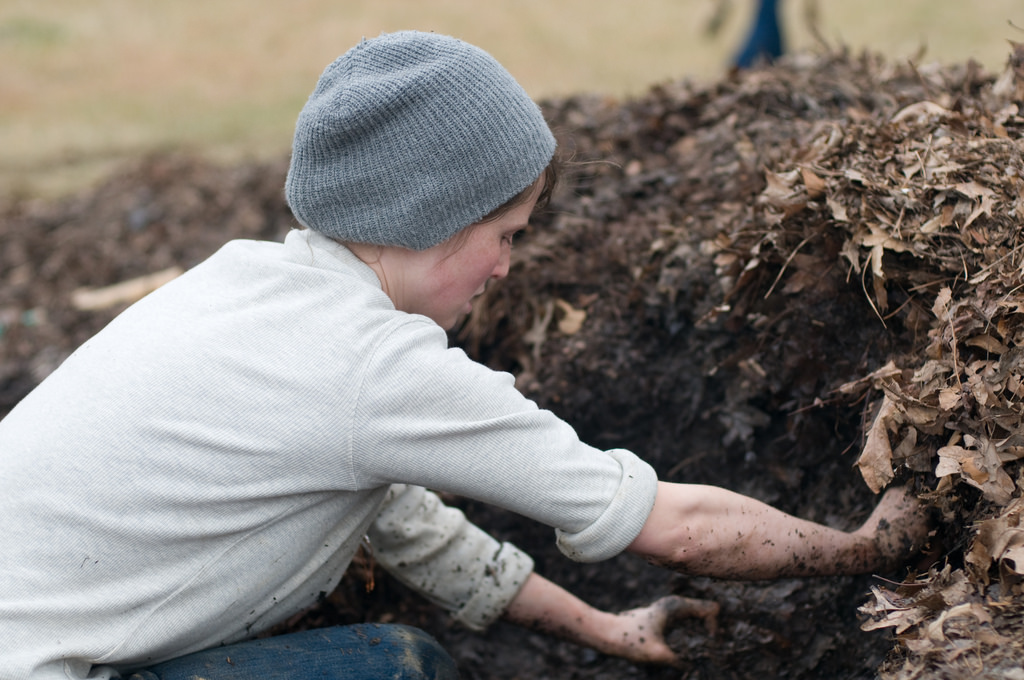
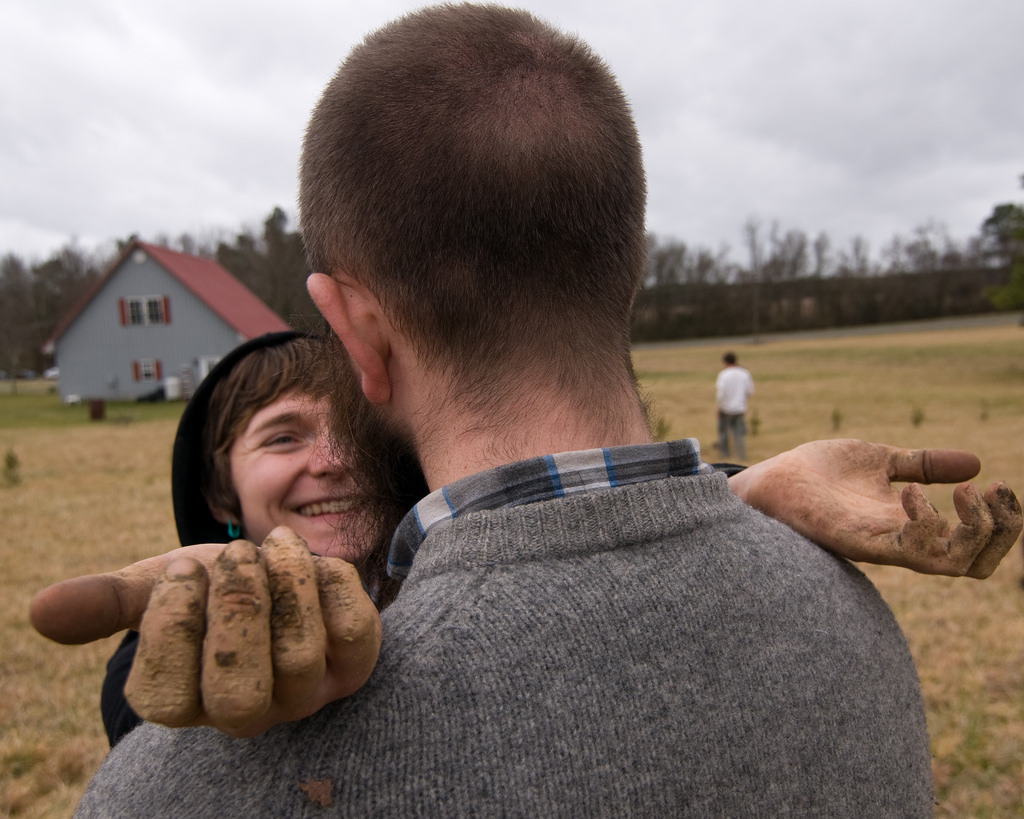
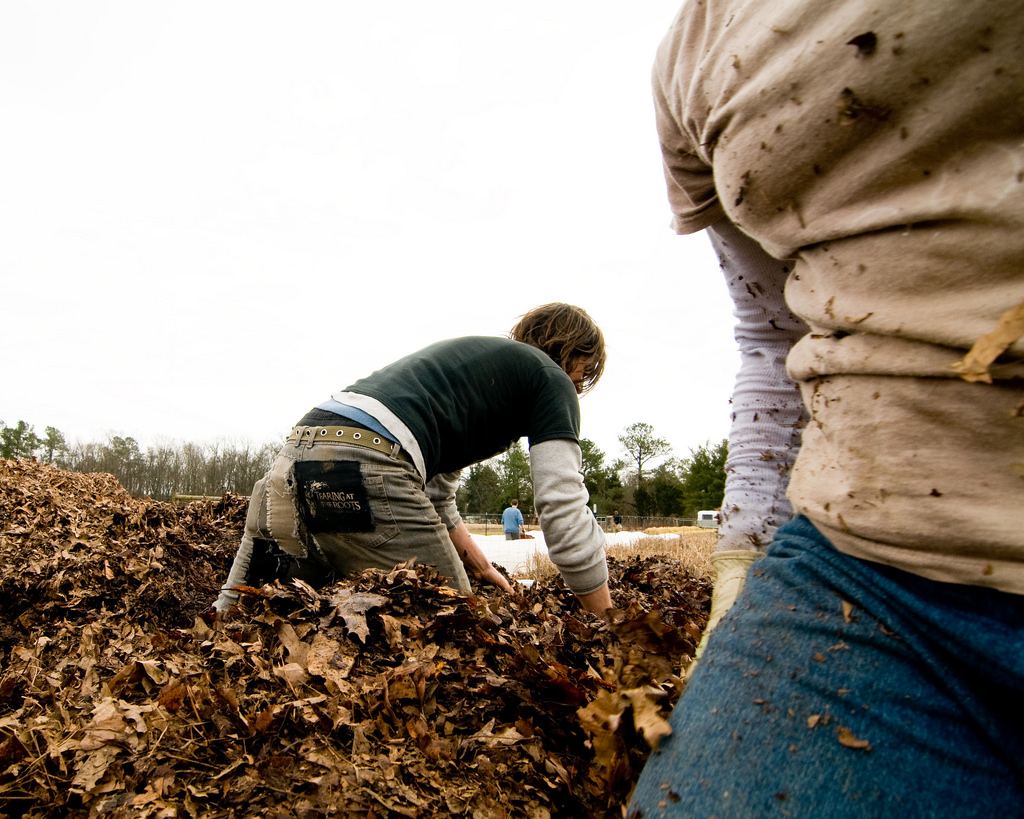
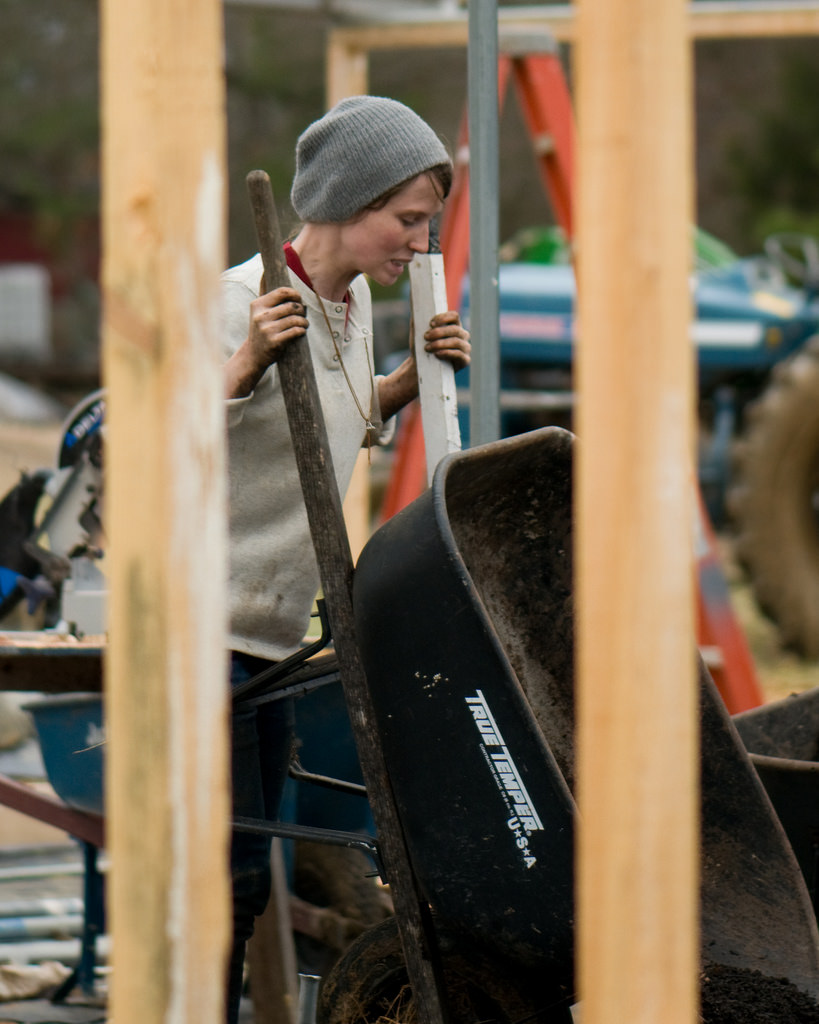
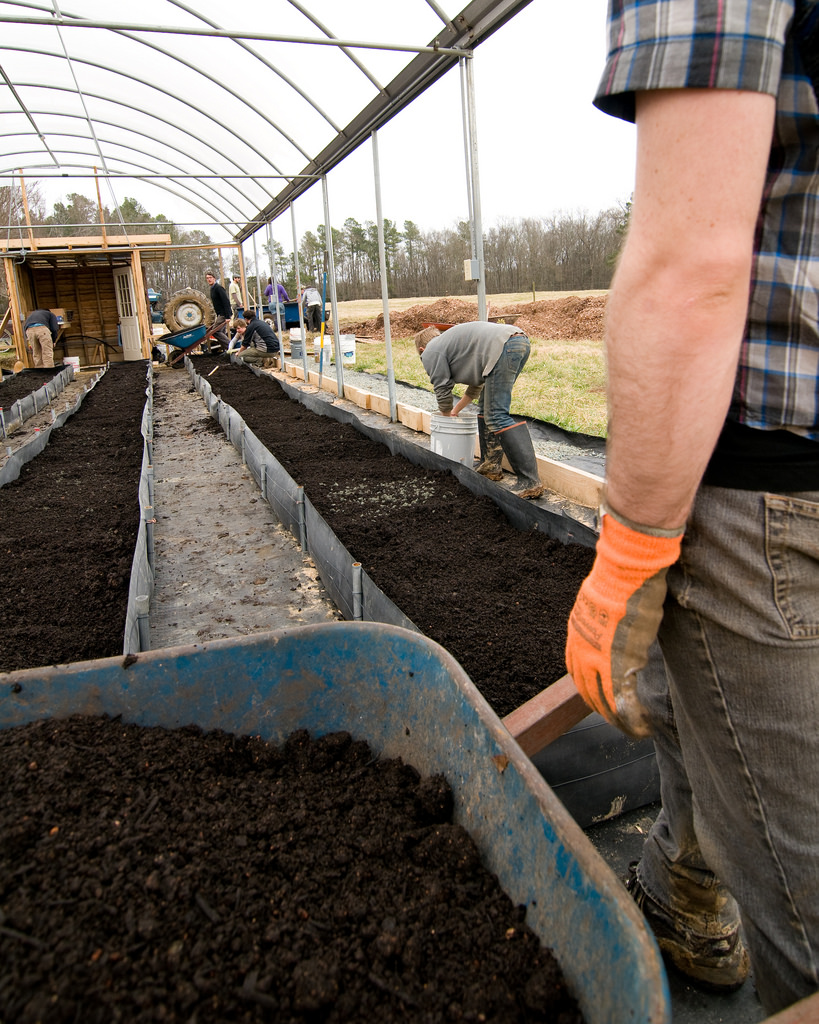
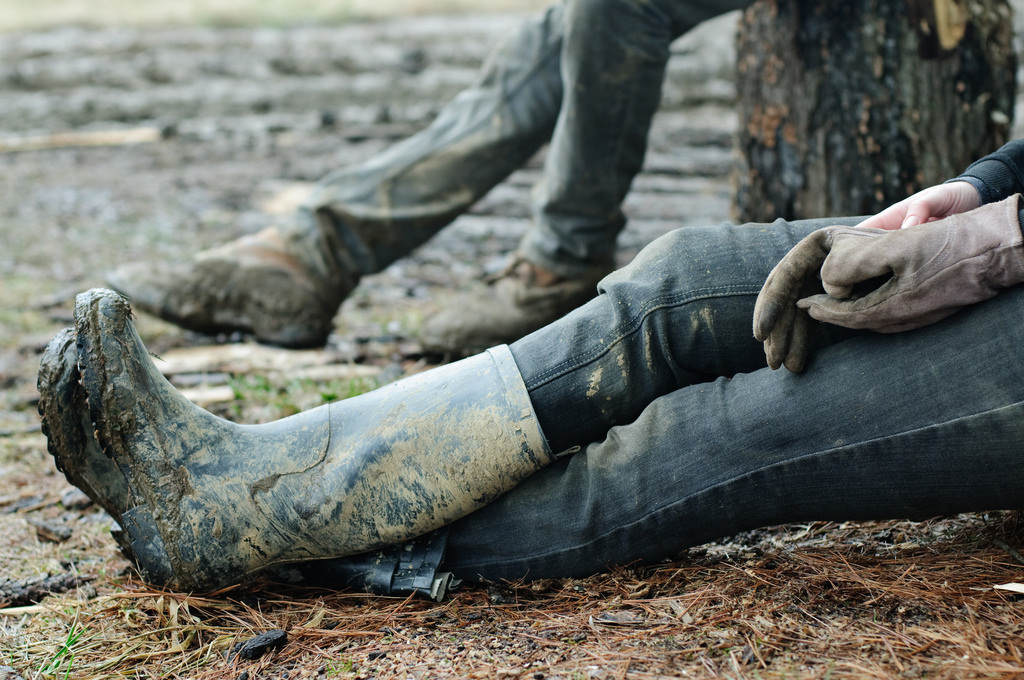
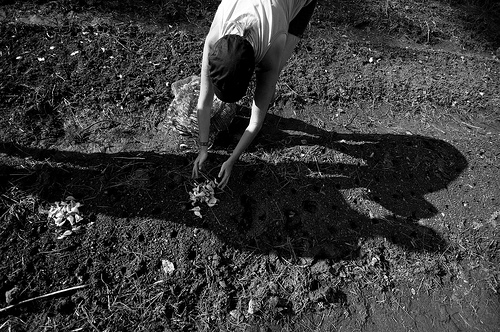

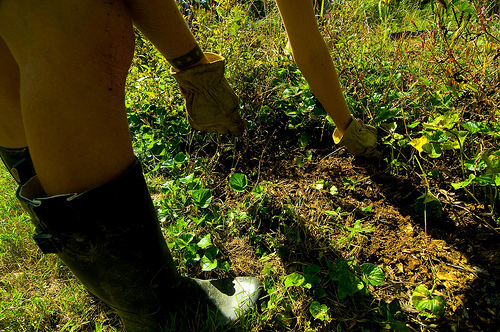
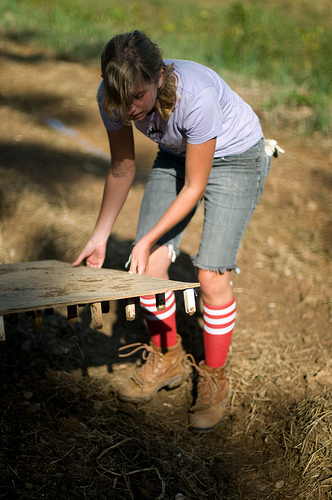
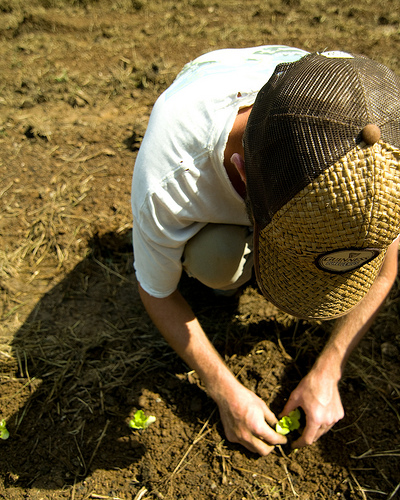
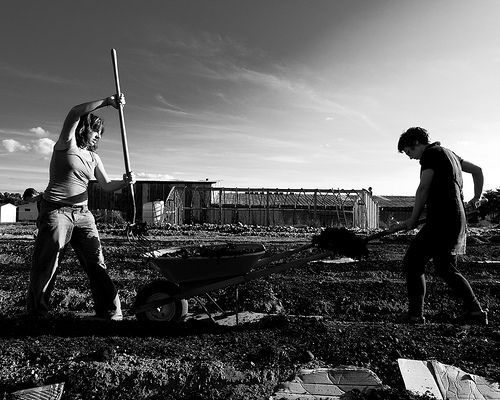

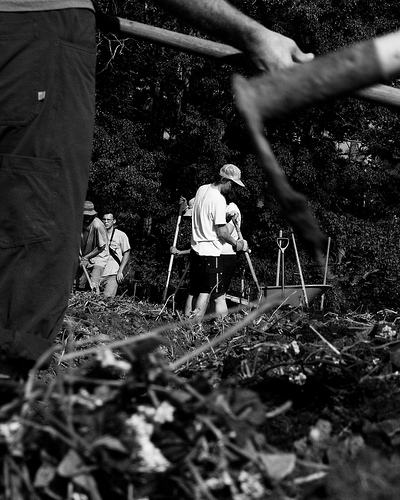

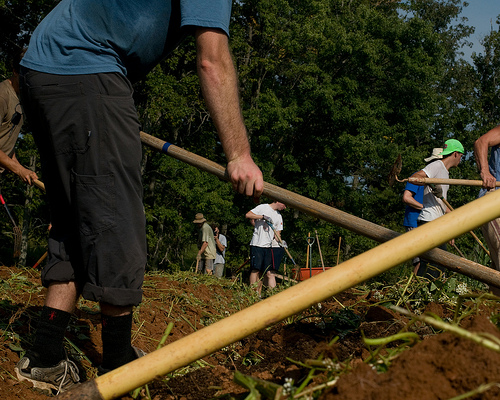
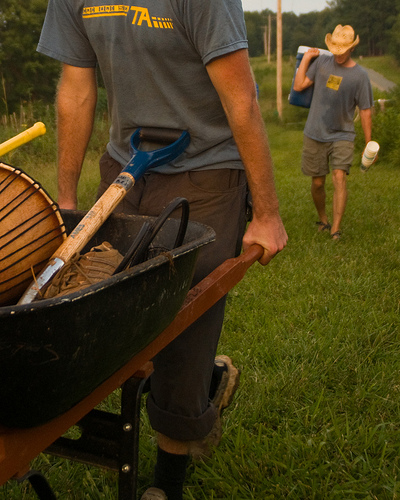
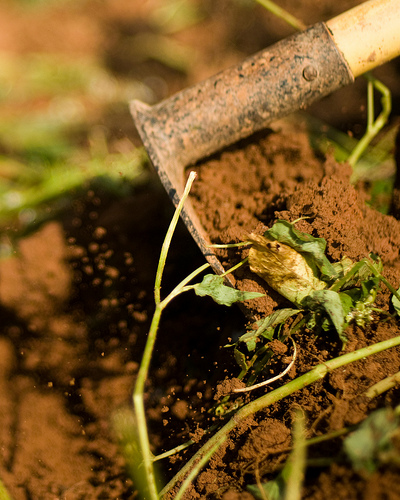
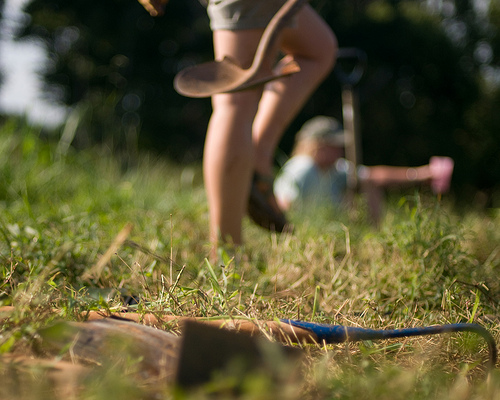
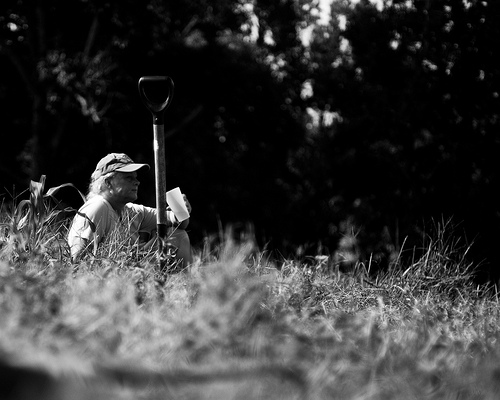
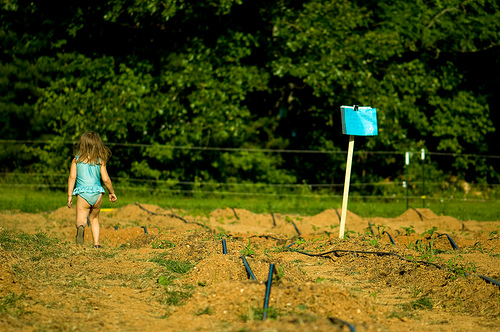

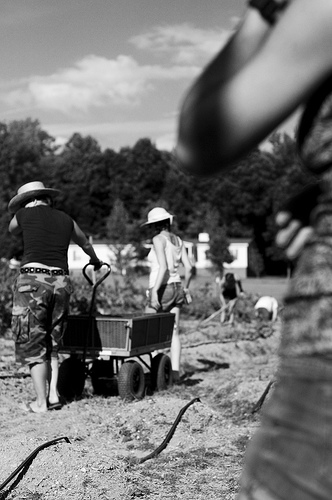
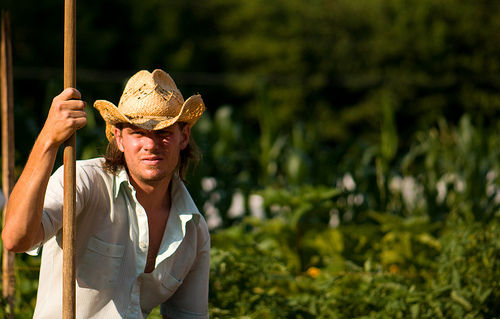

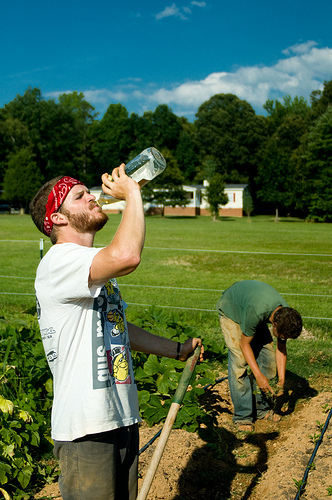
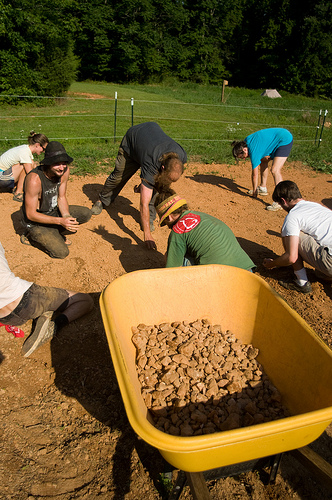
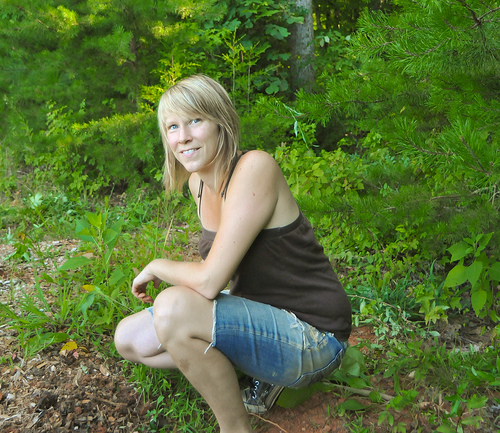
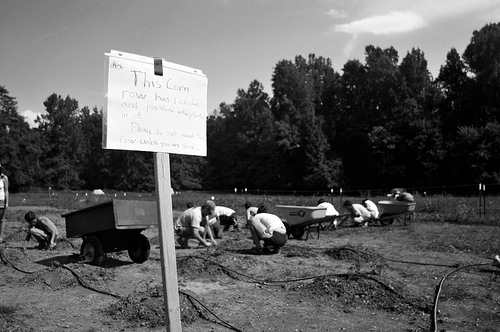
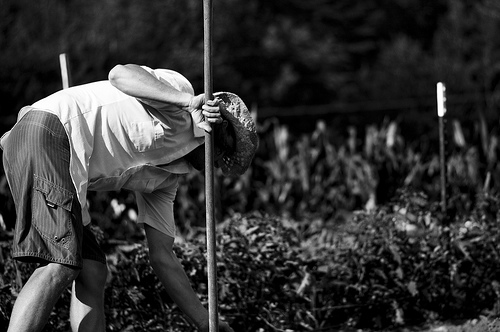
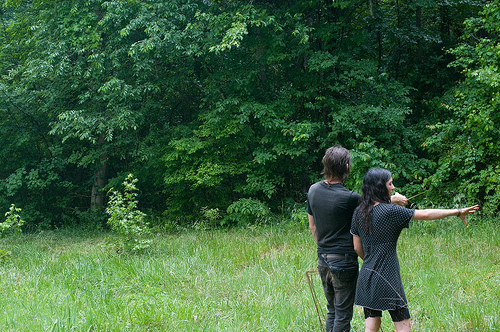

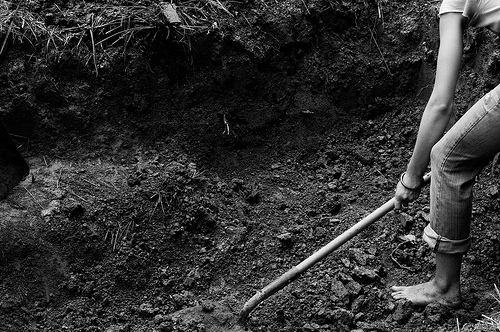



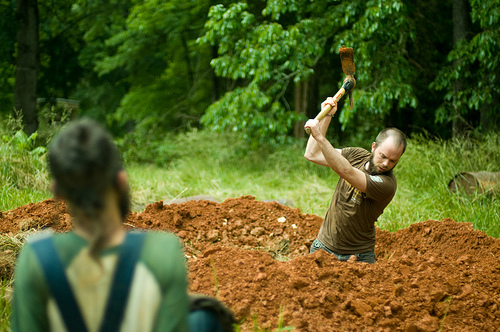
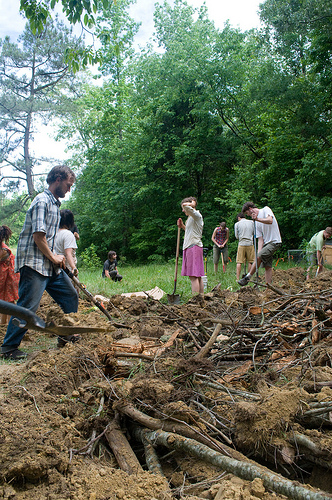
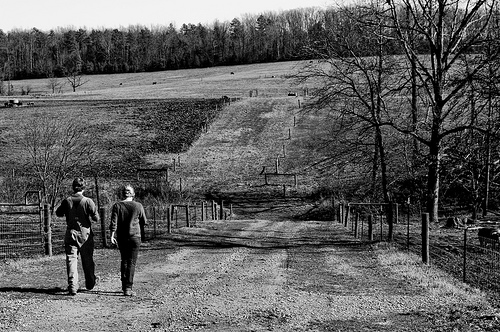

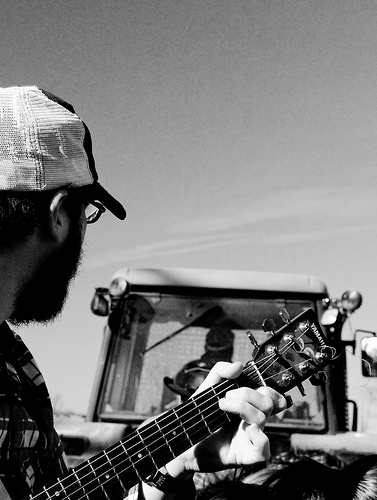
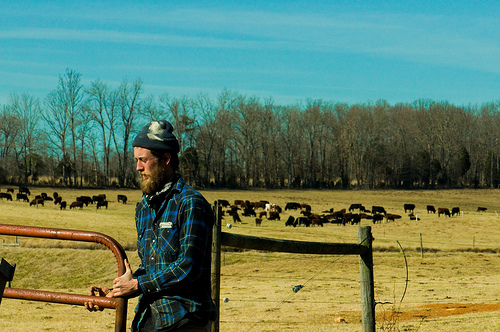
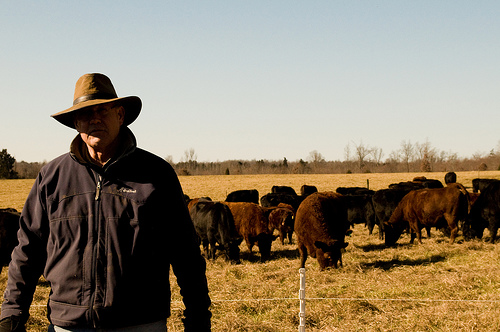
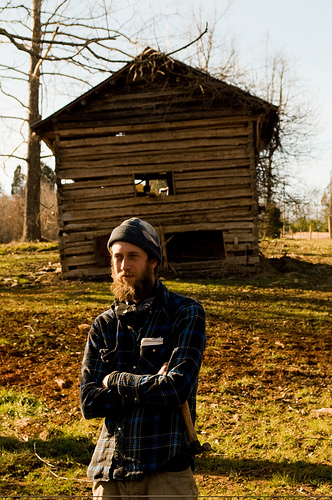
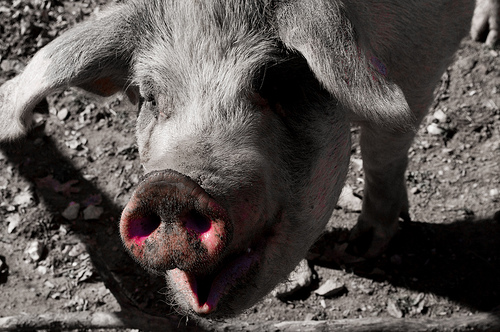
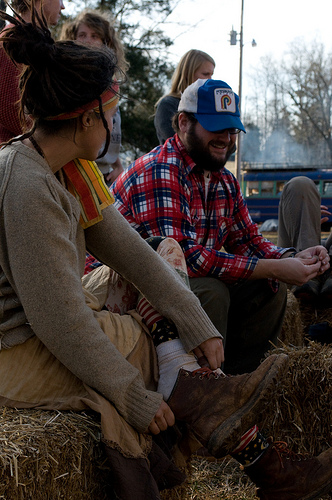
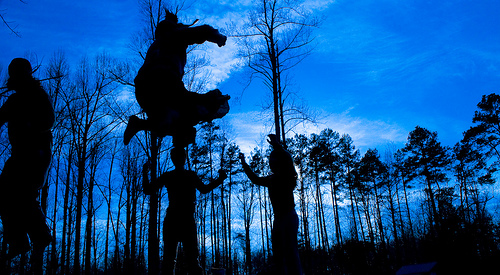
















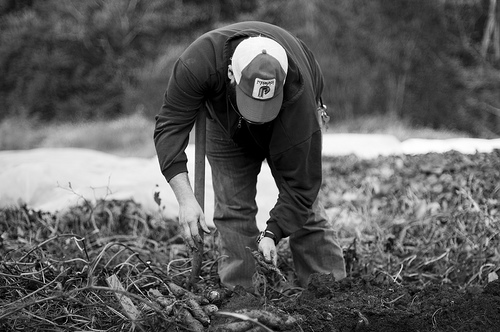

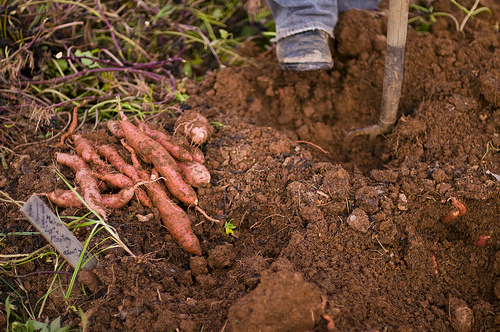
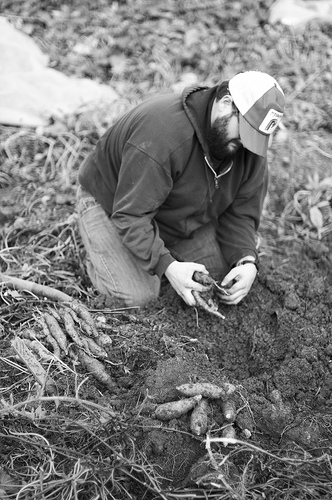
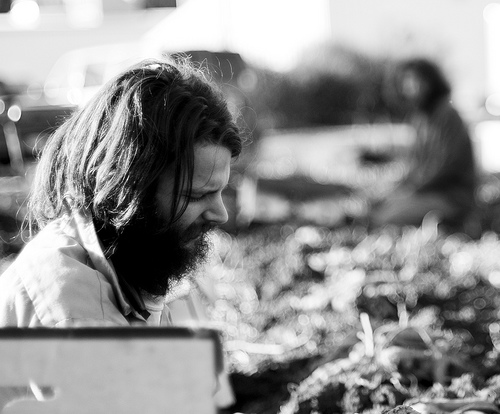
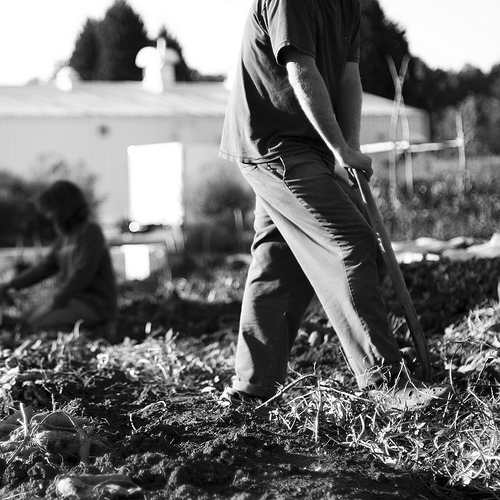
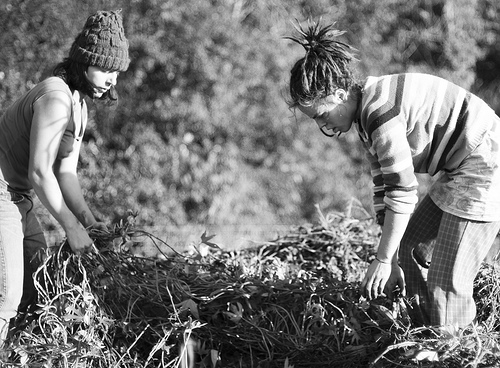
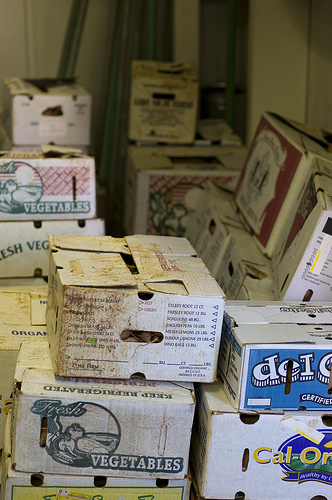
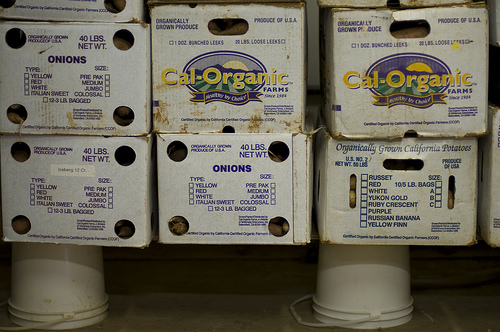
November 10, 2011 at 3:30 pm
This is beautiful … we miss you! (all of you)